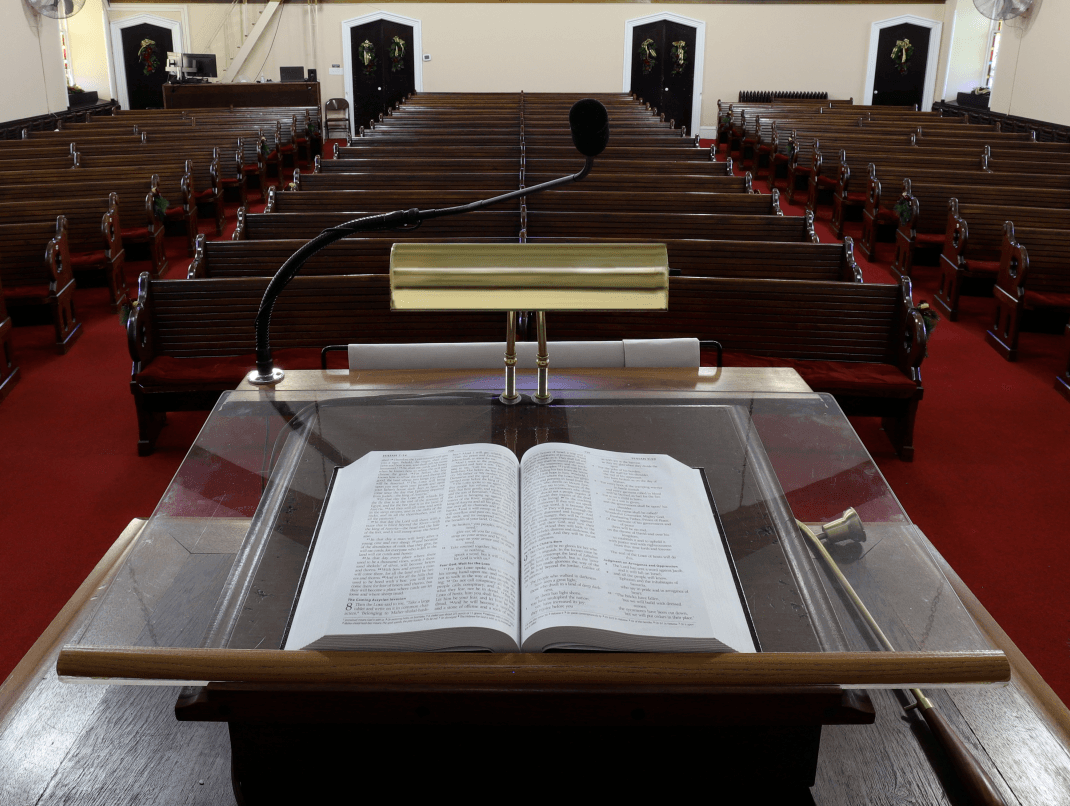Christian Righteousness
The Taste of Blessedness
The Beatitudes are the classic statement by Jesus of the chief virtues that make a holy life. In the Sermon on the Mount, Jesus’s primary objective is to teach his disciples the true meaning of God’s righteousness, i.e., the kind of righteousness that is pleasing and acceptable before God. We might call this “Christian Righteousness.” Jesus compares Christian Righteousness to the righteousness of the Pharisees and says to his disciples, “Unless your righteousness exceeds that of the scribes and Pharisees, you will never enter the kingdom of heaven” (Matthew 5:20). Christian Righteousness is the kind of obedience, the kind of law-keeping, that God looks for when opening the gates of the kingdom to those who wish to enter. What does that righteousness consist of? It has many components, but it begins with the cardinal virtues that Jesus praises in the Beatitudes. “Beatitude” in English is from a Latin word that means “blessed,” which is why each line begins with the word “blessed.” Beatitude refers to the supreme blessedness that human beings could ever obtain, the chief end for which we were made. Beatitude is the happiest state we can ever reach as created beings. Here Jesus pronounces that blessedness upon those who cultivate Christian Righteousness and thus inherit the kingdom of heaven. This means our ultimate happiness, our highest good, our supreme blessedness awaits us in the kingdom that is to come “on earth as in heaven” (see also Matthew 7:21-23).
The promise of beatitude in the future kingdom is a wonderful hope for the followers of Jesus. Notice, however, that Jesus does not say in the Beatitudes, “Blessed will be,” but “Blessed are.” We who follow Jesus are blessed right now in this life and in this world. This promise of future beatitude makes us happy in the present. We get to enjoy a taste of that future beatitude now. Look at the first beatitude, “Blessed are the poor in spirit, for theirs is the kingdom of heaven” (Matthew 5:3). Those with poverty of spirit are blessed because they understand that regardless of whatever material wealth they do or do not possess in this world, they are heirs of the kingdom, which is treasures and riches beyond comparing with anything in this world (Matthew 13:44-46). What does it mean to be poor in spirit? It is one of the chief virtues in Christian Righteousness. The great Puritan commentator Matthew Henry (1662-1714) defines it like this, “This poverty of spirit is a gracious disposition of soul, by which we are emptied of self, in order to our being filled with Jesus Christ.” He goes on to compare this spirit with the disposition of the Apostle Paul, which he describes in Philippians 3:8, who counted “everything as loss because of the surpassing worth of knowing Christ Jesus my Lord.” To be poor in spirit means to sit so loosely to this world and the things of this world, and to so treasure Christ and the riches of his kingdom, that you count yourself a beggar and pauper apart from Christ, no matter how rich you may become in this life. Henry says it is this chief virtue, poverty of spirit, that makes and marks the truly humble disciple. In our greatest riches, we count them as loss instead of being proud and boastful. In our greatest poverty, we count ourselves rich beyond compare because ours is the kingdom and Christ is our portion. Cultivating this virtue is the key to learning how to live with contentment, gratitude, and joy in all circumstances. There is no Christian Righteousness now, and no beatitude in the future, without this most blessed virtue.
The Pastor's Pen





